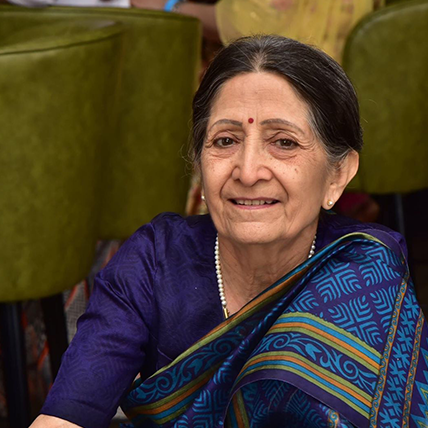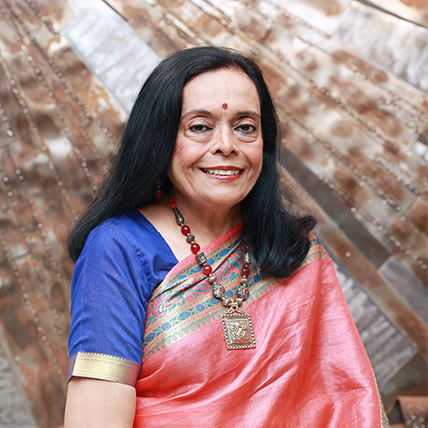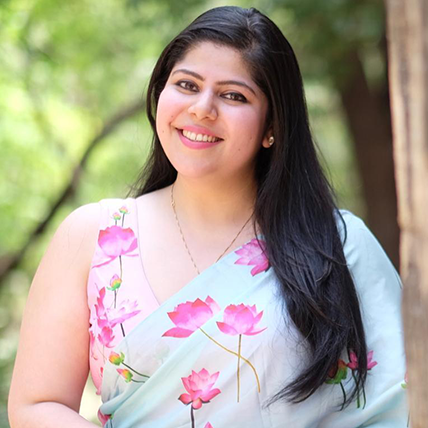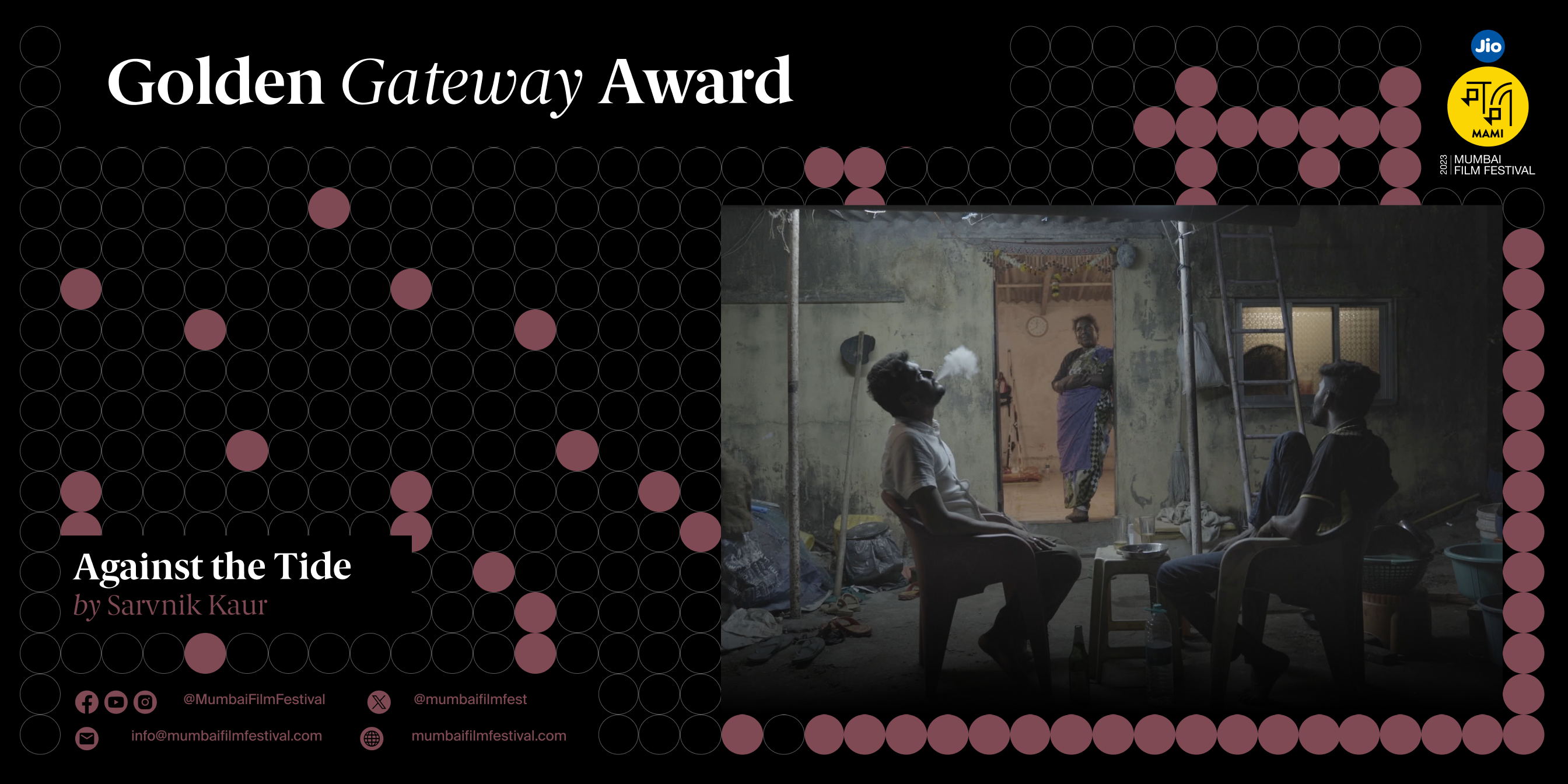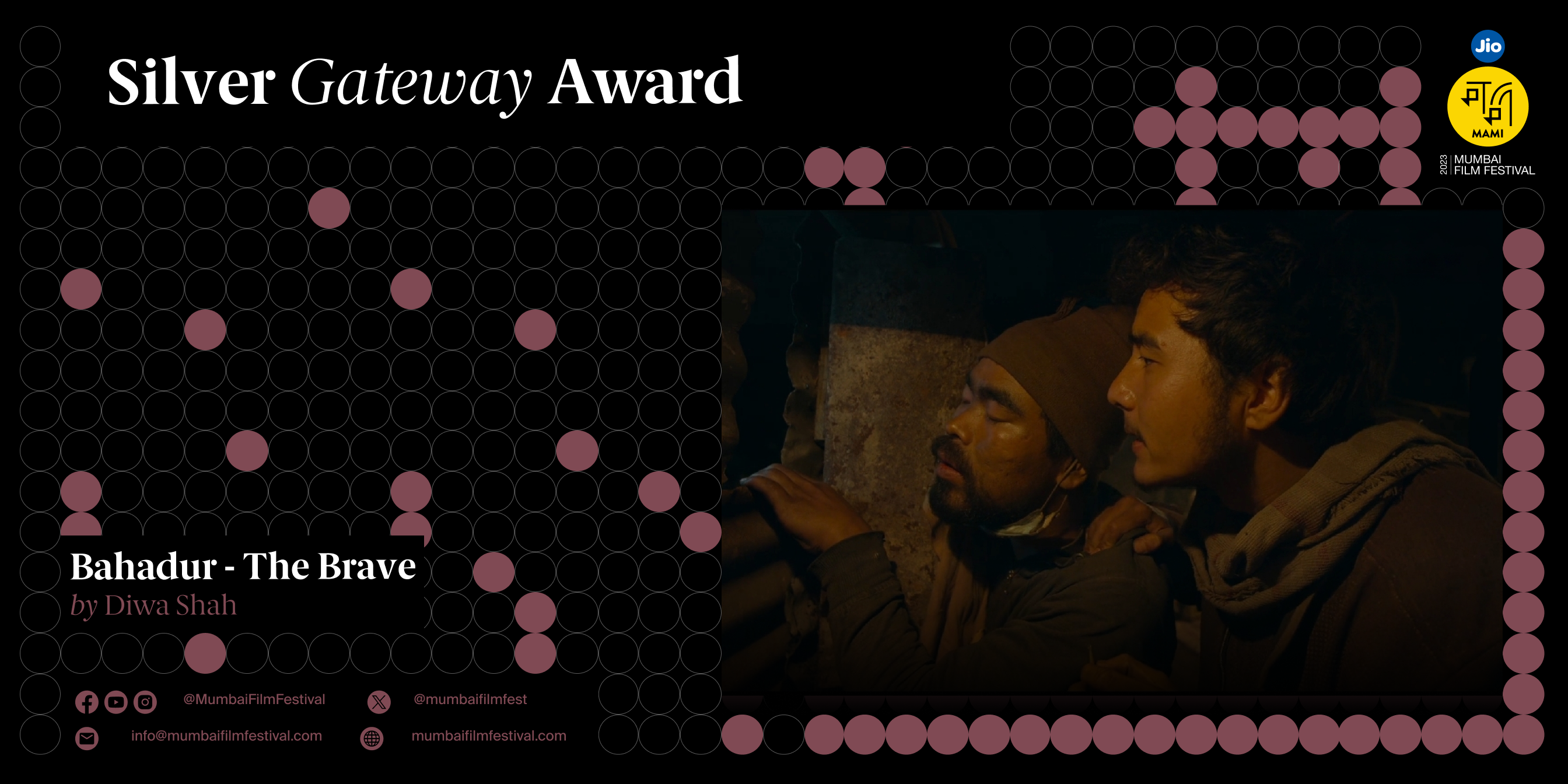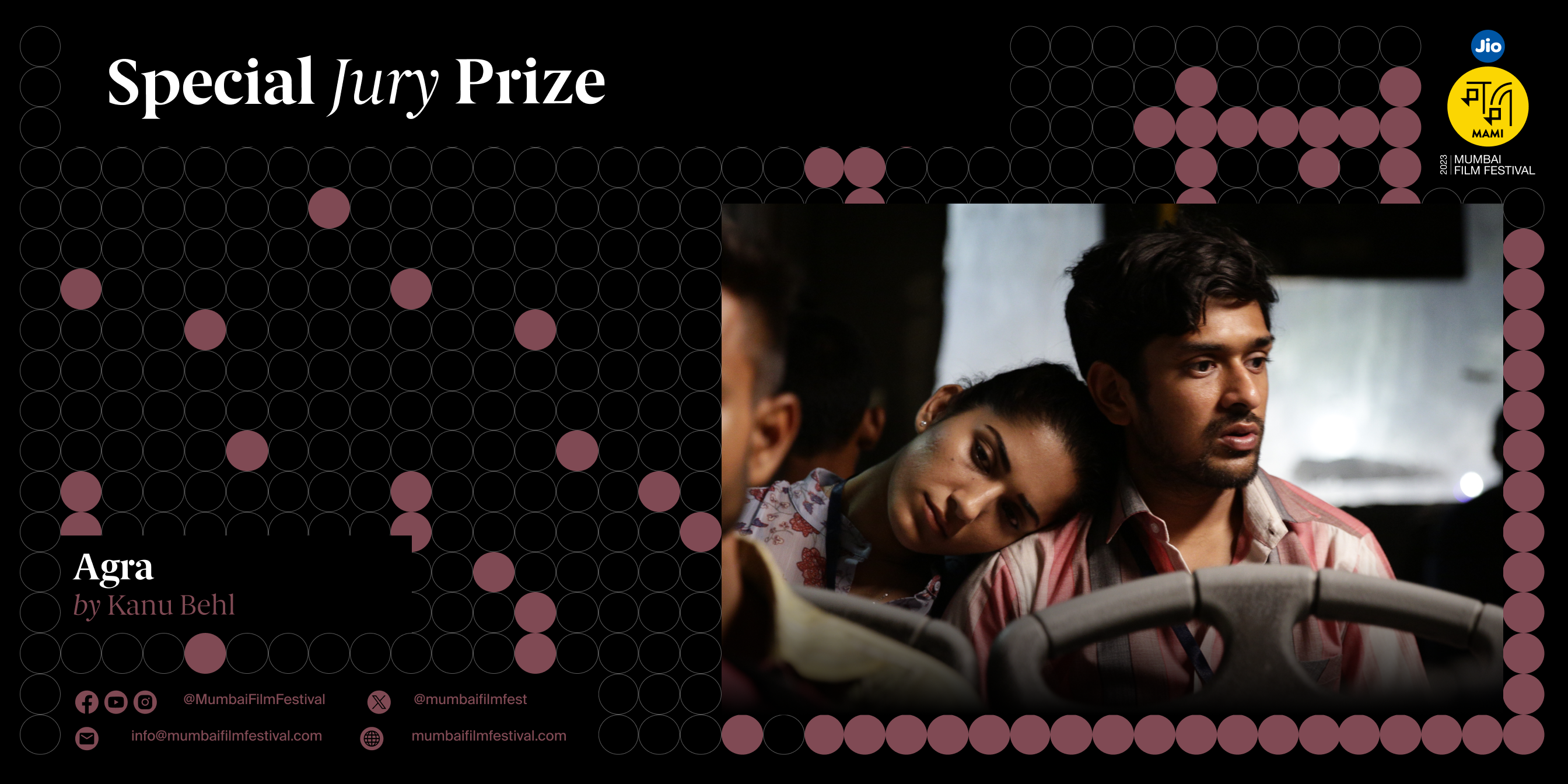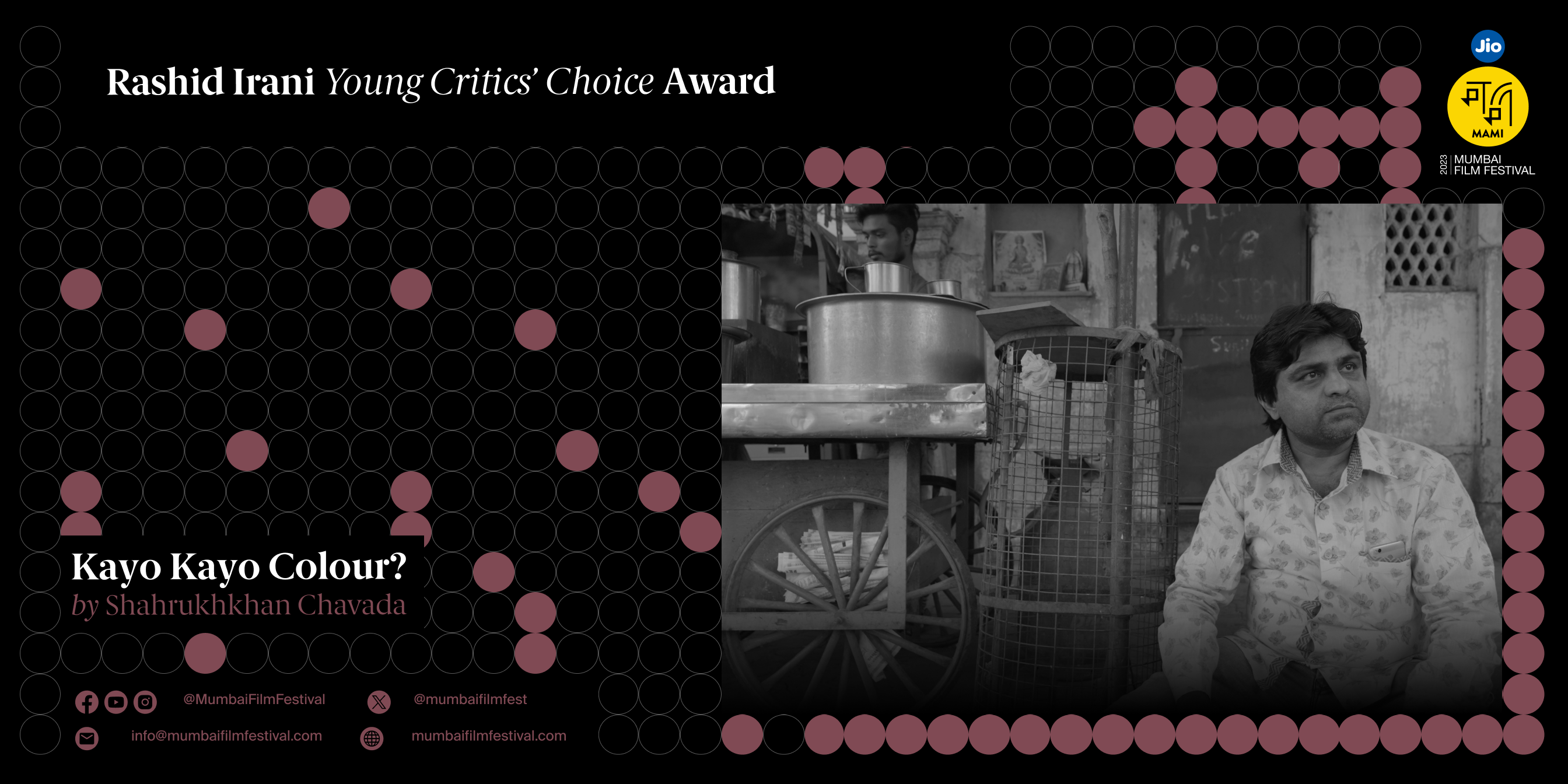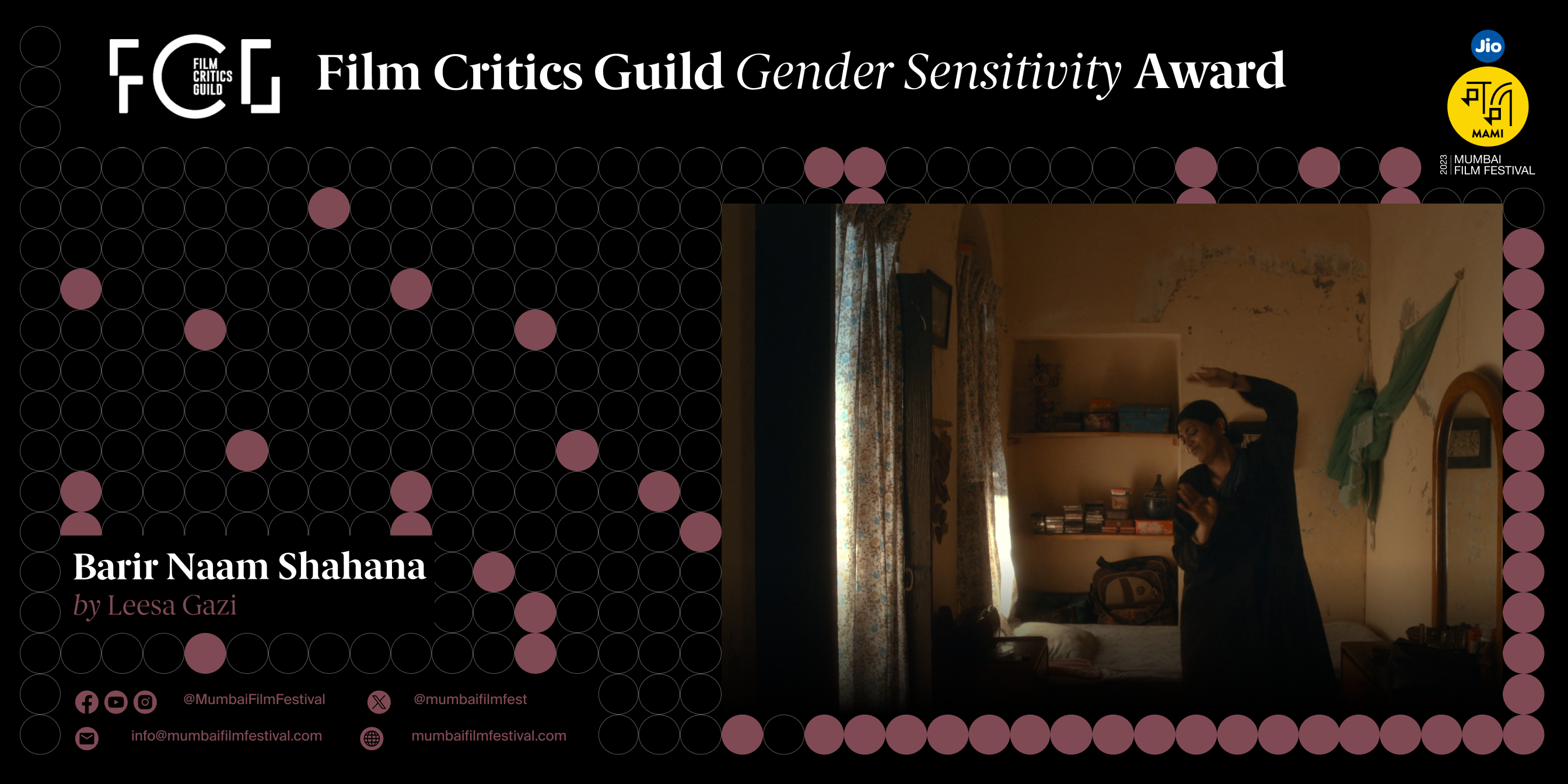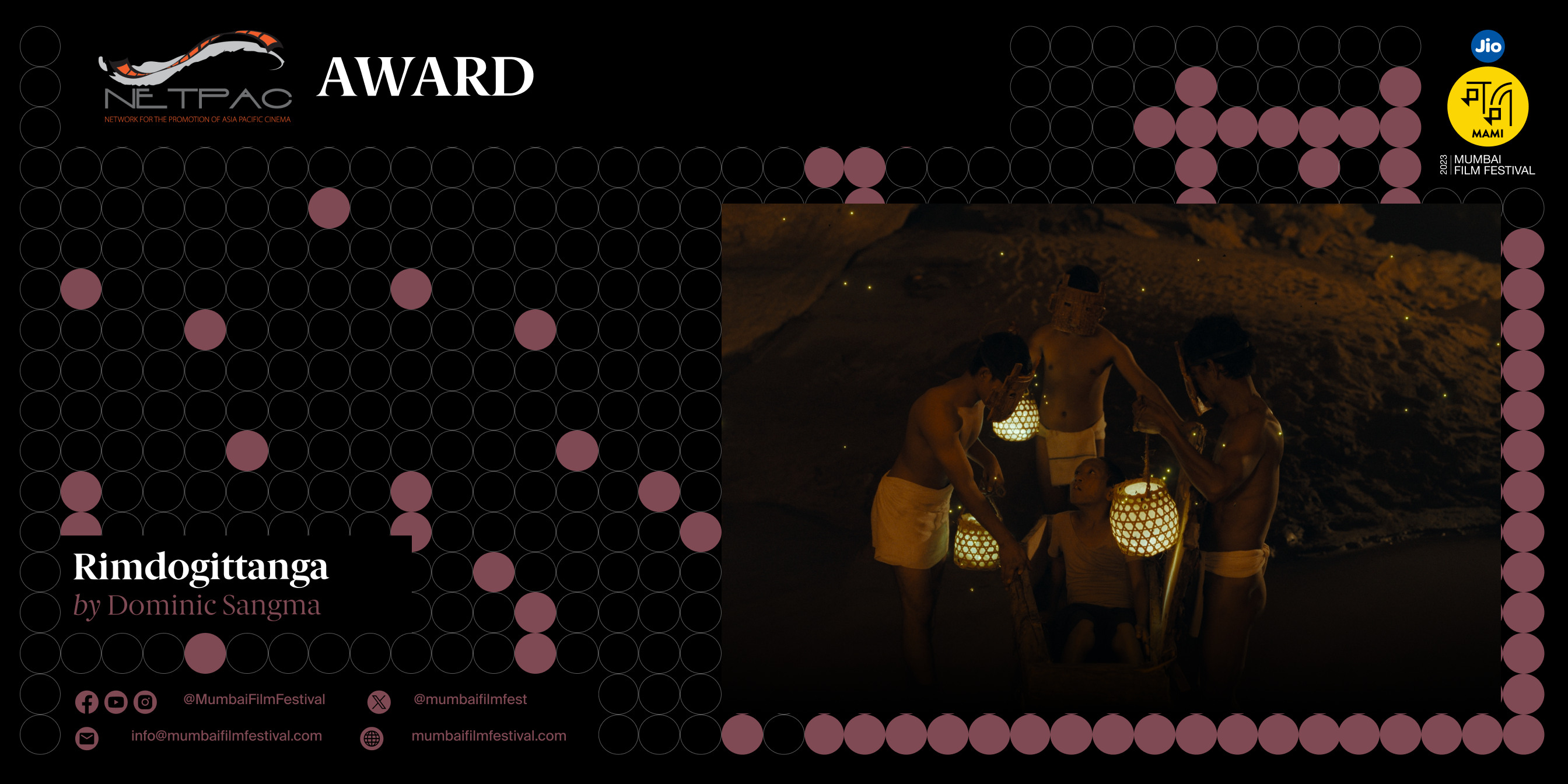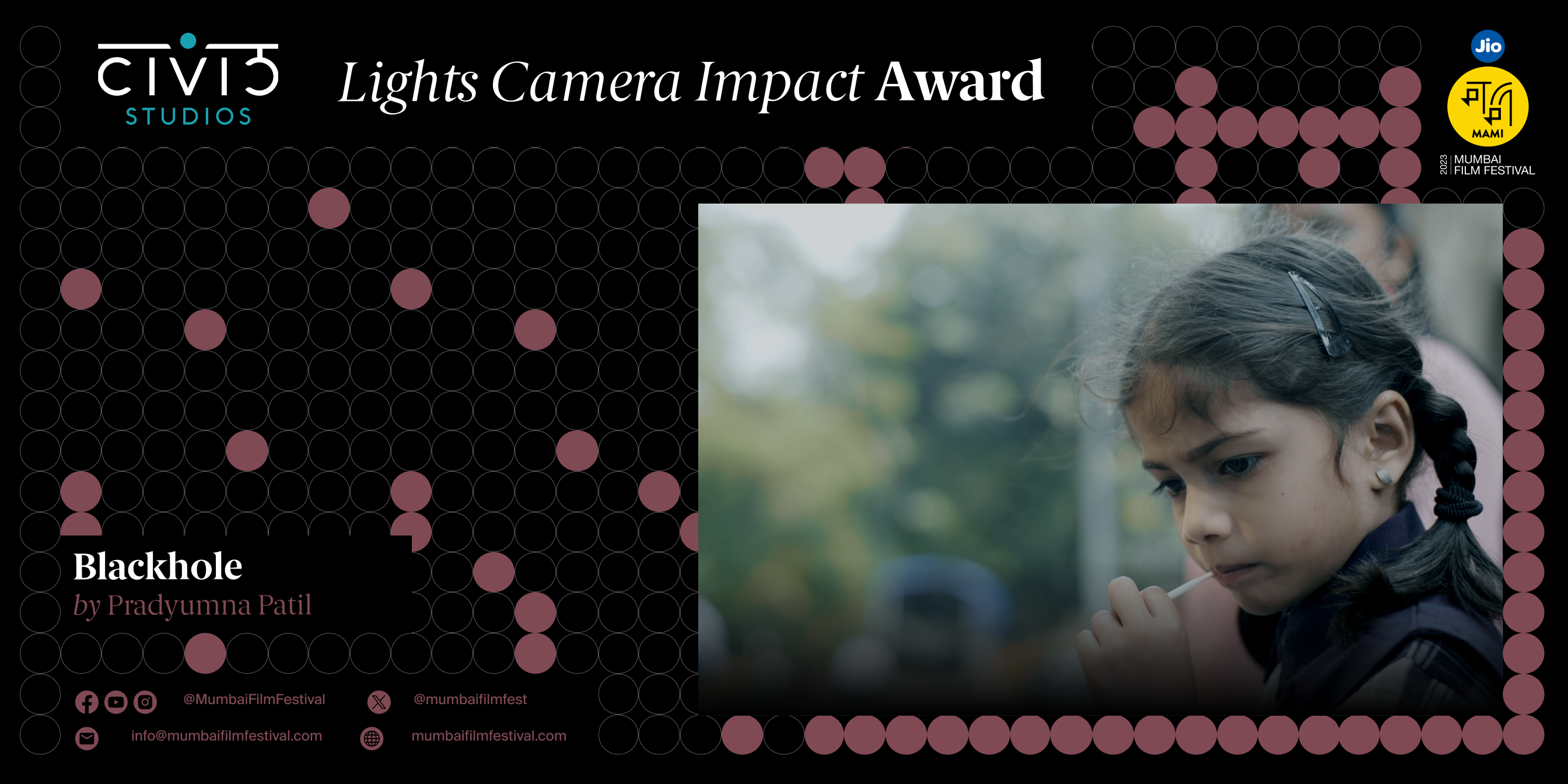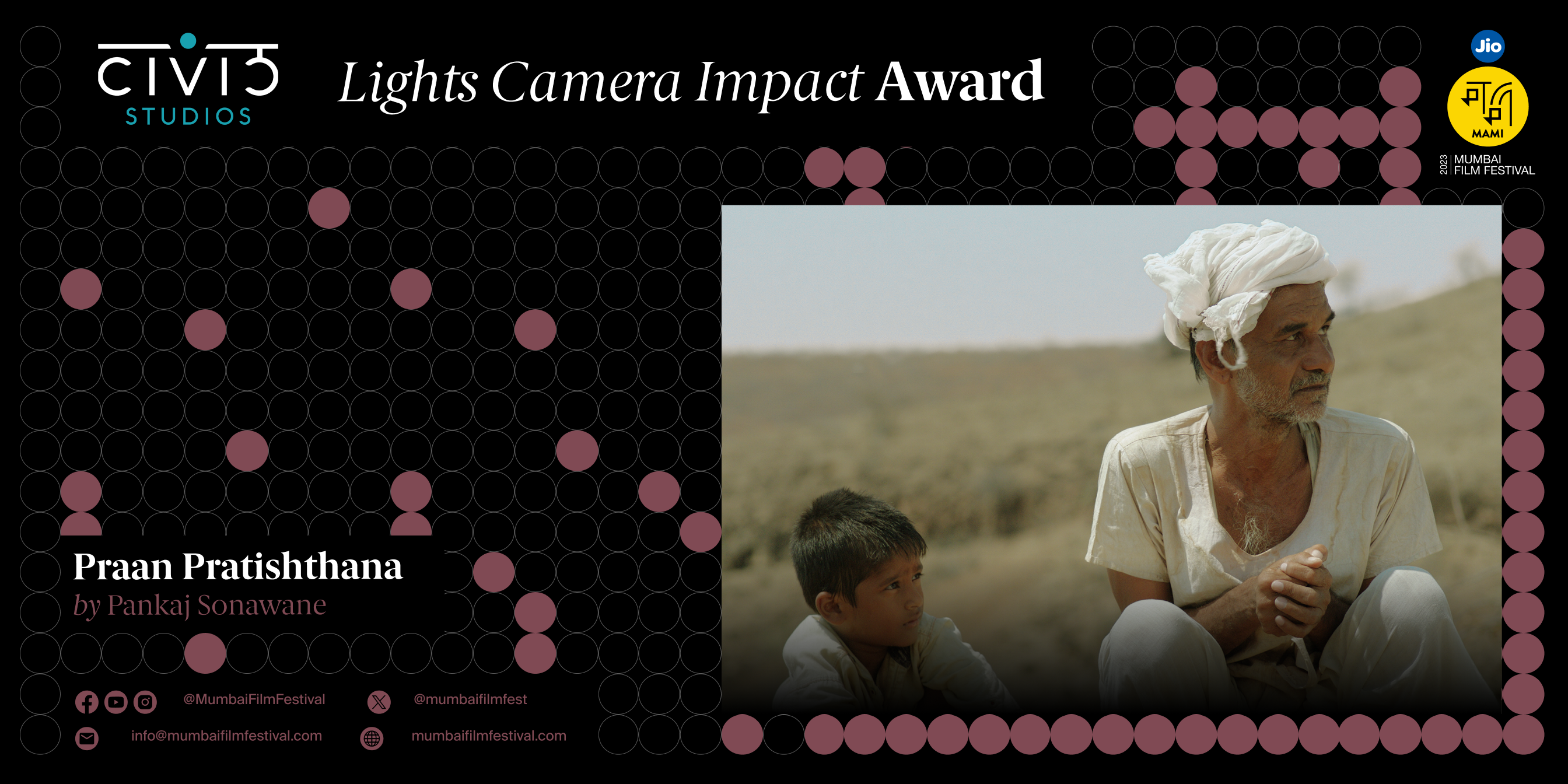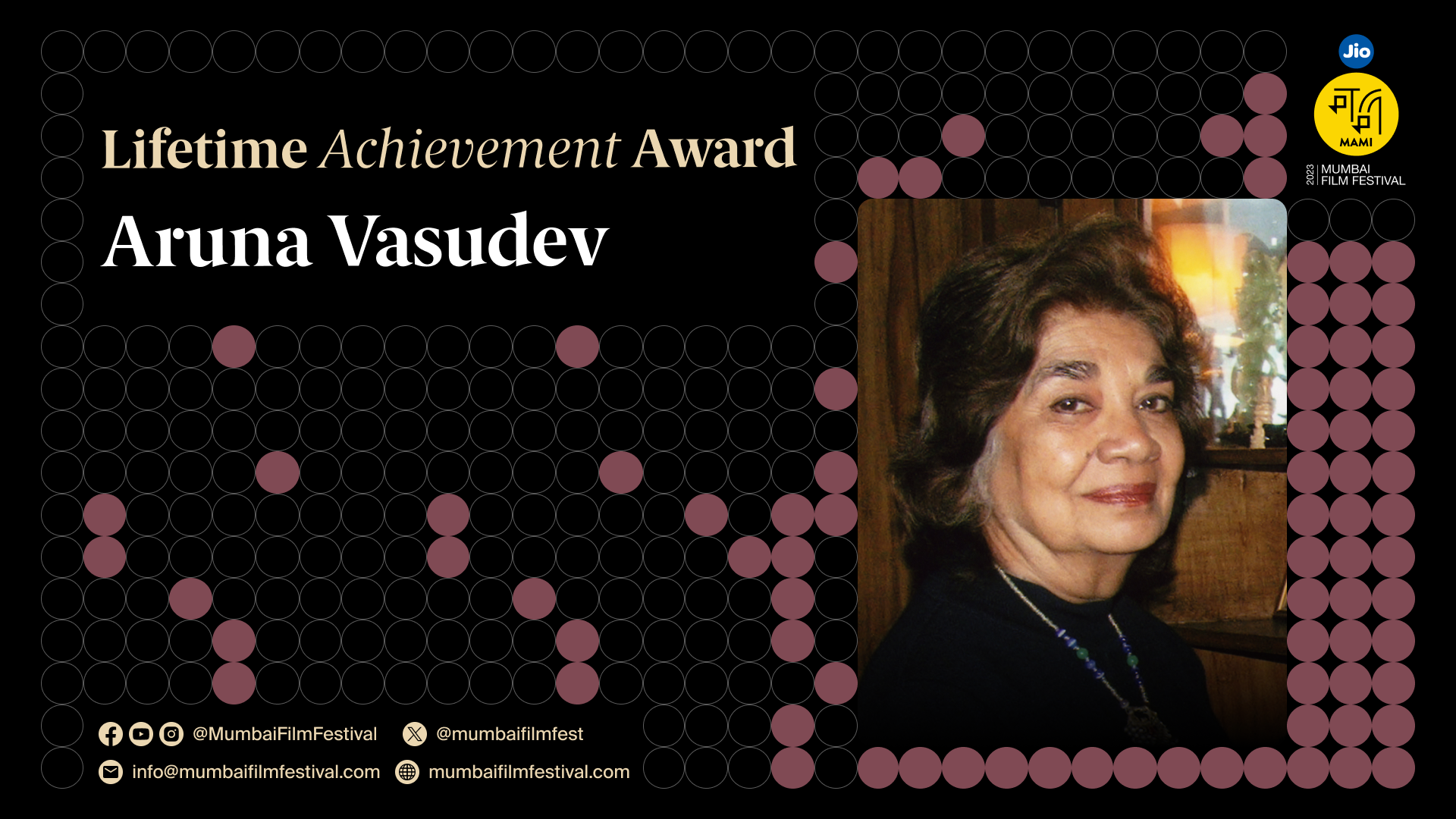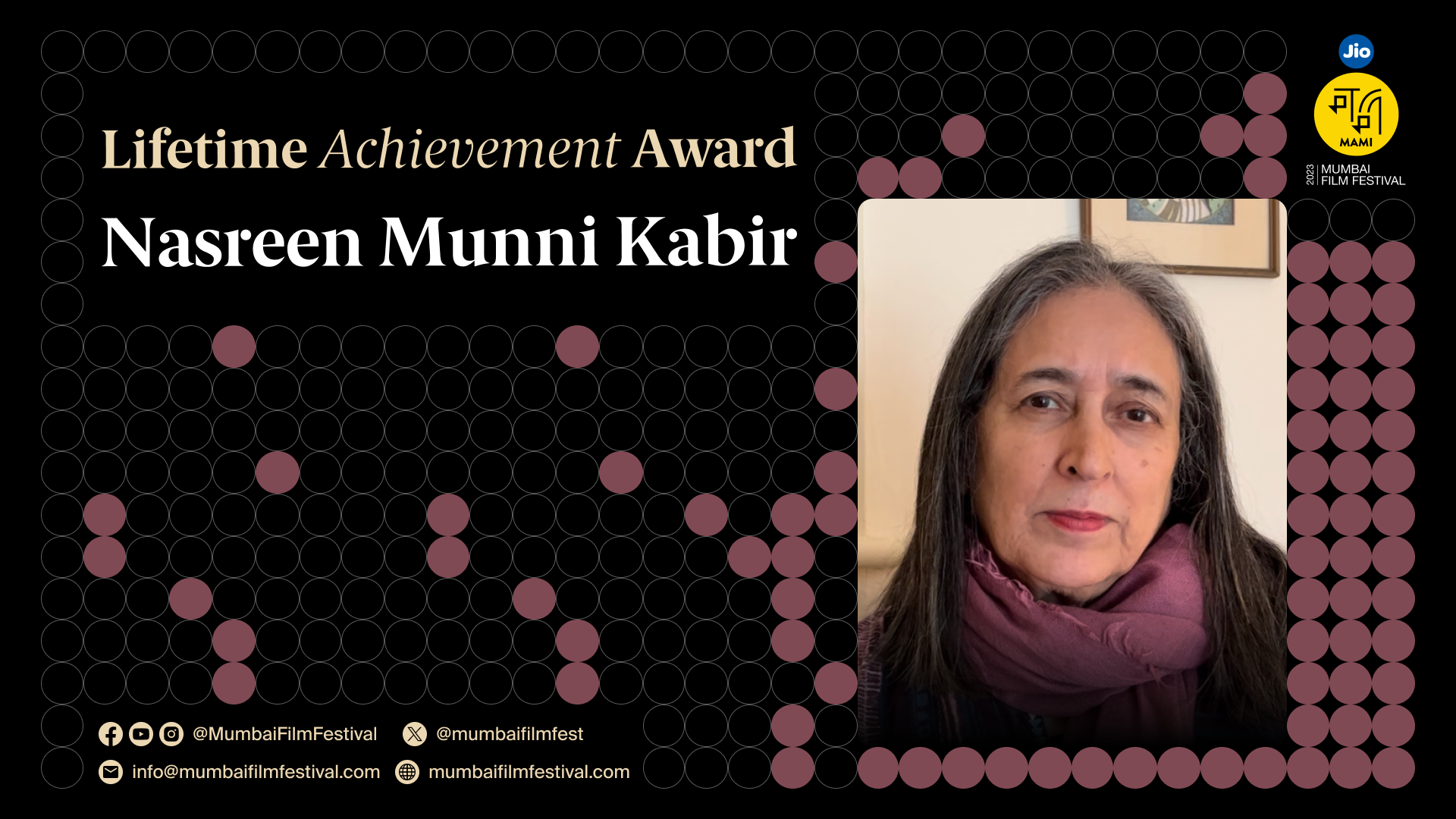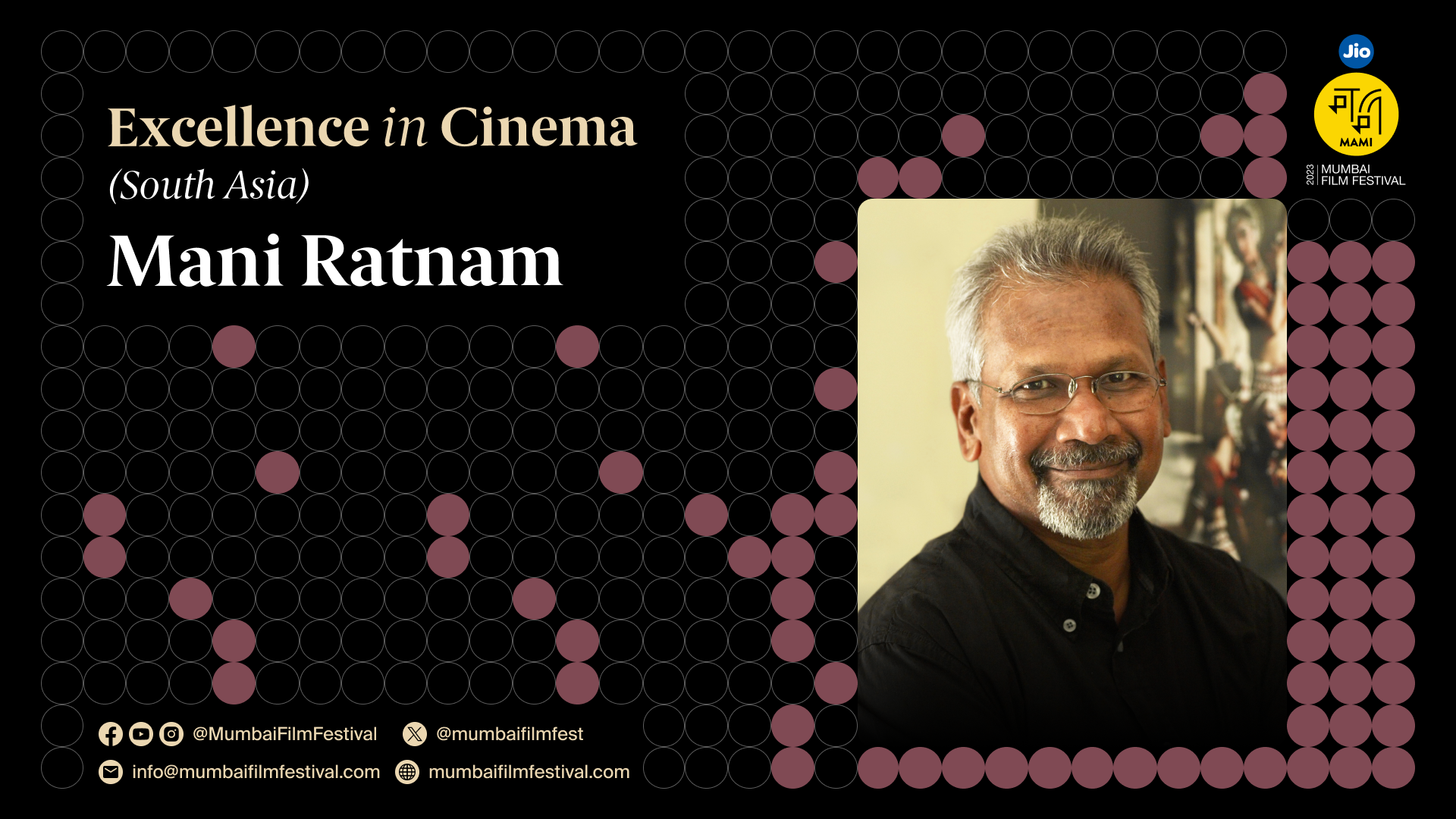In the Tamil movie Angammal, the distance between a woman and her son is measured by a piece of cloth. Pavalam, a doctor who has moved away from his village, is keen to marry his girlfriend but is concerned about his mother Angammal’s refusal to wear a blouse with her sari.
Angammal manages just fine without the garment. The strong-willed woman has a few other similarly attired friends in her village, but they are a vanishing breed. Vipin Radhakrishnan’s engrossing film explores the tensions that arise from Pavalam’s attempts to persuade Angammal to adopt what he sees as a socially permissible dress code and Angammal’s resistance to what she regards as needless handwringing.
After a premiere at the recently concluded MAMI Mumbai Film Festival, Angammal is aiming for a theatrical release in early January. Radhakrishnan’s second feature after the Malayalam-language Ave Maria (2018) is set in the mid-1990s. Angammal is based on acclaimed Tamil writer Perumal Murugan’s short story Kodithuni.
“The straightforward storyline of a city-educated son trying to persuade his mother to wear a blouse is amusing on the surface,” Radhakrishnan observed. “Additionally, the deeper political themes woven in the story make it feel universally relevant today to be adapted into a feature.”
These themes include the conservatism that underpin dress codes, the burdens placed on motherhood, and the decorum expected from women, especially in rural society. “We need to become decent people,” Pavalam says, barely disguising his disapproval of his bidi-smoking, moped-riding mother.
Angammal, played by Geetha Kailasam, battles what she correctly recognises as an attempt to subvert her hard-won independence and tame her free-spirited nature. Angammal’s sharp tongue cuts through the near-moral panic that consumes Pavalam, played by Saran.
Pavalam’s embarrassment suggests that migration has increased his distance from his roots – his urbanisation has opened him up in some ways – as is evident from his choice of a life partner – but closed him in other ways, Radhakrishan said. “Notions of modesty differ with generations, class, cultures, individuals and maybe even gender, hence should not be judged based on any of these factors,” the filmmaker added.
Angammal isn’t a simple feminist heroine. Her complexities include a troubled relationship with her older son Sudala (Bharani), whose dreams have been sacrificed so that Pavalam may pursue his career. Ironically, it is Sudala, rather than Pavalam, who understands his mother’s anguish at being forced to wear a blouse even though she feels suffocated.
“Despite her flaws, I believe she is lovable and honest in many ways,” Radhakrishnan said. “Angammal’s characterisation is inspired by many real-life mothers and serves as an homage to a type of matriarch that is gradually becoming rare, for better or worse.”
Geetha Kailasam, who is renowned filmmaker K Balachander’s daughter-in-law, was the first choice for the role of Angammal. “We chose Geetha Kailasam after watching her performance in Navarasa, Sarpatta Parambarai and Natchathiram Nagargiradhu,” Radhakrishnan said. “She was very natural, and the screen presence she commanded was really impressive in all her above performances.”

Vipin Radhakrishnan.










